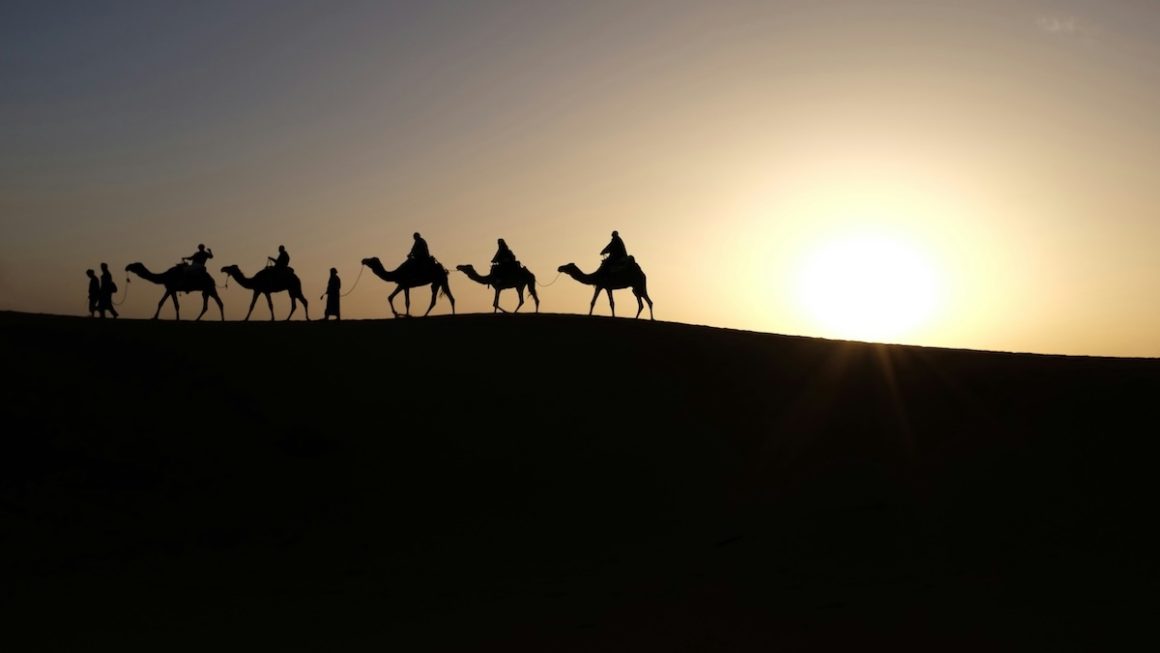What are we to make of Genesis 22, God’s demand to Abraham to sacrifice Isaac, his only child? In Essential Torah, George Robinson describes Genesis 22 as “the most terrifying narrative passage in the entire Torah [the first five books of the Bible].” The Lord told Abraham: “Go get Isaac, your only son, the one […]
Genesis 17 is one of the most provocative chapters of the Bible—God’s instruction to Abraham to circumcise himself and his people as a promise of faithfulness. The Bible account relates that the Lord appeared to Abraham and said: “You and all future members of your family must promise to obey me. As the sign that […]
The first five books of the Bible—the Pentateuch—contain 613 commands [1]. Rules were necessary to bond tribes together against outsiders, to stop tribes weakening themselves through infighting, and to normalise the taboos on all things feminine that arose from environmental stress: Reward togetherness: “You will get more and more cattle, sheep, silver, gold, and other possessions.” […]
We know that the Old Testament took place in the context of the desert. That’s not precise enough. It actually took place in the context of desertification—the onset or increase of desert. The difference is crucial. The Middle East wasn’t always a desert. The Middle East wasn’t always a desert [1]. Prior to about 4000 BC […]
For over two decades, geographer James DeMeo [1] has offered evidence that patriarchy arose in the Middle East, North Africa, Arabia and Central Asia in the period following 4000 BC in response to long-term drought and desertification—the spread of desert conditions. Iraqi stalagmites provide evidence of this long-term drought. These early patriarchies coalesced into violent […]
In Part II of ROCI21, Famine, I’ve written how the traumatization of the feminine that followed from desertification and famine gave rise to shame: “Shame stems from unconsciously judging our emotions, bodies and sexuality as socially unacceptable.” That which was socially unacceptable came to be seen as sinful. This in time led to generational sin. […]






